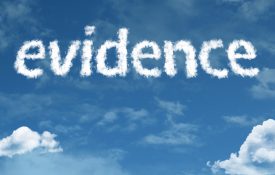-

New Research From Clinical Psychological Science
A sample of research exploring pain and self-injury, associative activation and false memories, flashbacks in PTSD, and a potential contributor to obesity.
-

How Viewing Cute Animals Can Help Rekindle Marital Spark
Using evaluative conditioning, a team of researchers has developed an unconventional intervention for helping a marriage maintain its spark: pictures of puppies and bunnies.
-

What Pigeons Can Teach Us About Multitasking
Evidence has long shown that humans are terrible at multitasking. People are prone to make more mistakes when they’re switching between different tasks, say answering emails and listening to a conference call, than when they
-
New Research From Psychological Science
Read about the latest research published in Psychological Science: From Creatures of Habit to Goal-Directed Learners: Tracking the Developmental Emergence of Model-Based Reinforcement Learning Johannes H. Decker, A. Ross Otto, Nathaniel D. Daw, Catherine A. Hartley
-
How Headlines Change the Way We Think
The New Yorker: “Why Headlines Matter.” “Misleading Headlines Can Lead You Astray.” “How What You Read Affects What You See.” “How Bad Headlines Make Bad Memories.” “Eleven Reasons Headlines Are Important.” “You’ll Never Believe How
-

Using Pseudoscience to Shine Light on Good Science
Why would someone so dedicated to advancing psychological science teach his students about junk science? Emory University professor Scott O. Lilienfeld explains why that method works.

